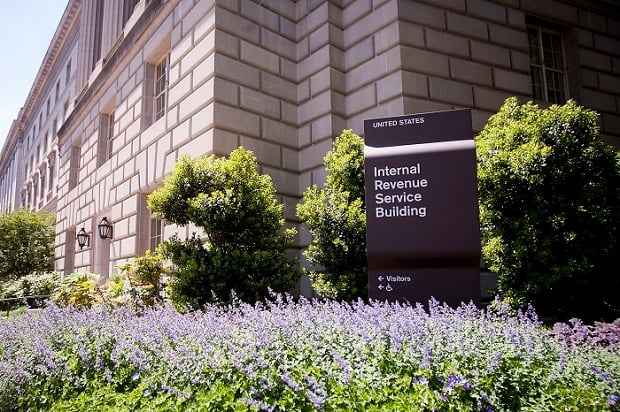 The revised list of hardship withdrawals would apply to money drawn on or after January 1, 2018. (Photo: Diego M. Radzinschi/ALM)
The revised list of hardship withdrawals would apply to money drawn on or after January 1, 2018. (Photo: Diego M. Radzinschi/ALM)
The Internal Revenue Service has issued a proposal accounting for new rules on hardship withdrawals from defined contributions plans passed in the Bipartisan Budget Act of 2018.
Under existing rules,
- Hardship distributions can only be taken when a participant suffers “an immediate and heavy financial need.”
- The distribution can't be greater than the amount of money the participant needs.
- And the participant must first exhaust other avenues of liquidity, like a plan loan or distribution from an employee stock ownership plan.
Currently, a safe harbor provides six types of expenses that qualify for a hardship distribution. If a hardship distribution is taken, participant deferrals to savings plans are suspended for six months.
|What the Bipartisan Budget Act did
The Bipartisan Budget Act modified the rules on hardship withdrawals by removing the six-month prohibition on deferrals, and allowing participants to access not only the deferrals they made, but also the earnings on those deferrals and money from employer matches and the earnings on them.
Recommended For You
Complete your profile to continue reading and get FREE access to BenefitsPRO, part of your ALM digital membership.
Your access to unlimited BenefitsPRO content isn’t changing.
Once you are an ALM digital member, you’ll receive:
- Breaking benefits news and analysis, on-site and via our newsletters and custom alerts
- Educational webcasts, white papers, and ebooks from industry thought leaders
- Critical converage of the property casualty insurance and financial advisory markets on our other ALM sites, PropertyCasualty360 and ThinkAdvisor
Already have an account? Sign In Now
© 2025 ALM Global, LLC, All Rights Reserved. Request academic re-use from www.copyright.com. All other uses, submit a request to [email protected]. For more information visit Asset & Logo Licensing.








